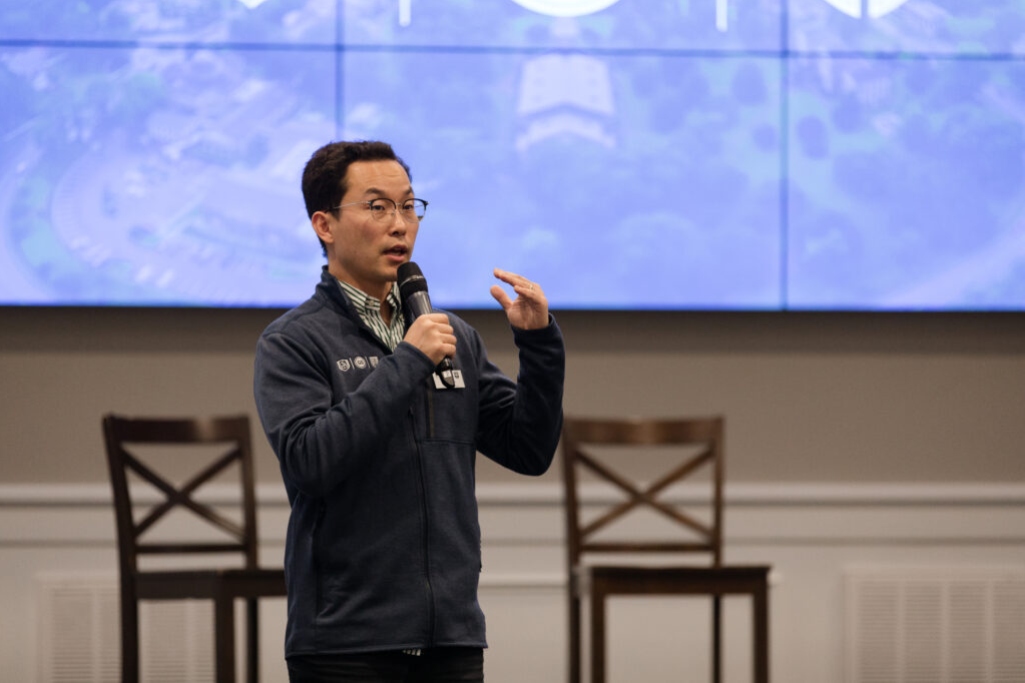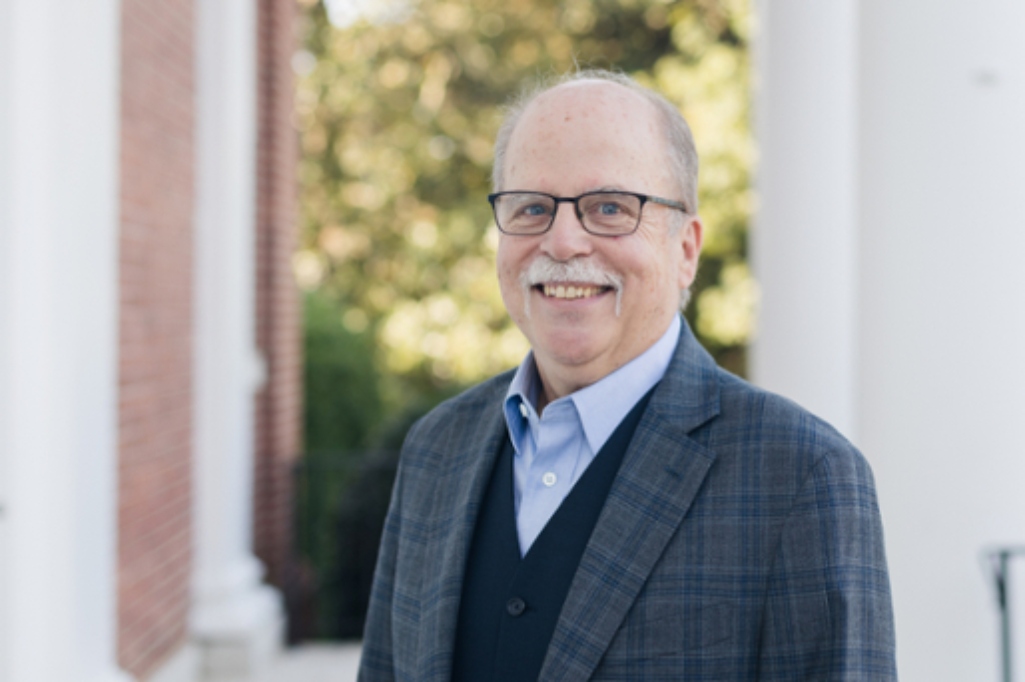A single bar of soap was all he needed to survive. Either give a fellow incarcerated person a single bar of soap to square a debt behind prison walls, or suffer the violent repercussions his creditor threatened.
A fellow prisoner enrolled in the Southeastern Baptist Theological Seminary (SEBTS) Field Minister Program saw the entire dispute unfold in the prison unit. The student interjected himself into the dispute and offered a solution, SEBTS Director of Prison Programs Seth Bible told Baptist Press.
“He said, ‘I have a bar of soap. I will settle his debt, but you have to promise me that there will be no violence,’” Bible said of the student’s intervention. “A long time ago I realized that Jesus paid a debt for me that I’ll never be able to repay,” the student reasoned, “and I’ll never be able to do what He did for me. But I have a bar of soap and I can change this situation. I can pay this debt. … Please let me do that. And the guy accepted it. And there was no violence.”
The student who intervened is among 26 incarcerated men on track to comprise the first graduating class of the SEBTS field ministry program at Nash Correctional Institution in Nashville, N.C. A COVID-19 outbreak in the prison in the fall of 2020 shut down all forms of instruction for months, delaying until Dec. 15 the previously scheduled May 2021 graduation. The 26 men are earning bachelor degrees in pastoral ministry that they will use even as they complete their individual prison sentences. An additional 66 men are enrolled.
The Nash Correctional student’s ministry through a bar of soap in Jesus’ name a few months ago is among many such examples of how SEBTS students are already employing new skills to help restore lives inside prison walls. The two prisoners with the dispute had previously agreed upon a bar of soap as payment, but the pandemic prevented the inmate from earning the pennies per hour in prison labor that would have allowed him to buy a bar of soap in the prison commissary. The student had an extra bar of soap only because a church held a “soap drive” and donated the items to SEBTS students at the Nashville facility.
“Those are the little kinds of humane things that very rarely happen in that context,” Bible said, “but the power of that is what has given him an opportunity to speak the gospel now to all of the individuals involved in that situation. … It spoke the gospel both in deed and in language in front of a watching group of people that now have a very different idea of what it means to live out somebody’s faith.”
“In those really difficult times … they lean really heavily on one another, they lean really heavily on their faith, they lean really heavily on their training and education.”
Seth Bible
Despite the pandemic, SEBTS launched a program for women in August 2020 at the North Carolina Correctional Institution for Women (NCCIW) in Raleigh. A dozen women are enrolled in the program, which offers two- and four-year degrees in philosophy, politics and economics, with a minor in entrepreneurship. The program, created at the request of the correctional facility with the same core curriculum as the Nash Correctional degree program, is designed to increase participants’ chances of employment upon release.
All men enrolled in the program at Nash Correctional facility contracted and survived COVID-19 during the prison outbreak that the North Carolina Department of Public Safety said killed four inmates.
Deanna Kabler, SEBTS associate director for prison programs, said the pandemic exacted its toll on the students despite their survival.
“The stress of constant change in the prison, the fear of getting sick, congregant living environment and loss of volunteer programs such as chapel services negatively impacted student’s spiritual and psychological well-being,” Kabler said.
“When COVID spread through the prison at the end of the year, most of our students were sick. Thankfully, they all recovered and are getting back to a sense of normalcy in the classroom,” Kabler said. “Maintaining hope with the ever-changing COVID restrictions remains a constant challenge for people in the program. Students are concerned with new prison requirements to receive the vaccine for continuation in the program. Additionally, there are a lot of unknowns and changes that make program management difficult.”
She encourages Christians to pray for those incarcerated and to participate in such ministry outreaches as pen-pal programs.
Bible, who also serves as SEBTS associate dean for leadership and administration, said incarcerated people often respond to challenges in ways similar to those in the larger population, but in a different context.
“They’re disconnected from their support groups in some ways, but in other ways our program … operates in such a way that (students) become a community in and of themselves,” Bible said. “In those really difficult times, those really dark days, they lean really heavily on one another, they lean really heavily on their faith, they lean really heavily on their training and education.
“In comparison to the other (prison) population, I think they probably fared a lot better in that regard.”
The SEBTS program prepares them, Bible said, to leverage their prison time to serve others.
(EDITOR’S NOTE – Diana Chandler is Baptist Press’ senior writer.)


